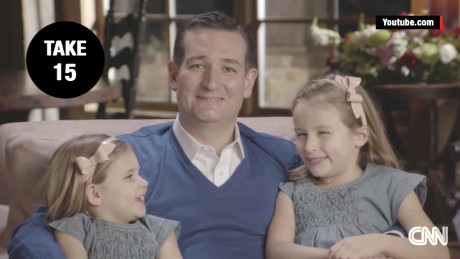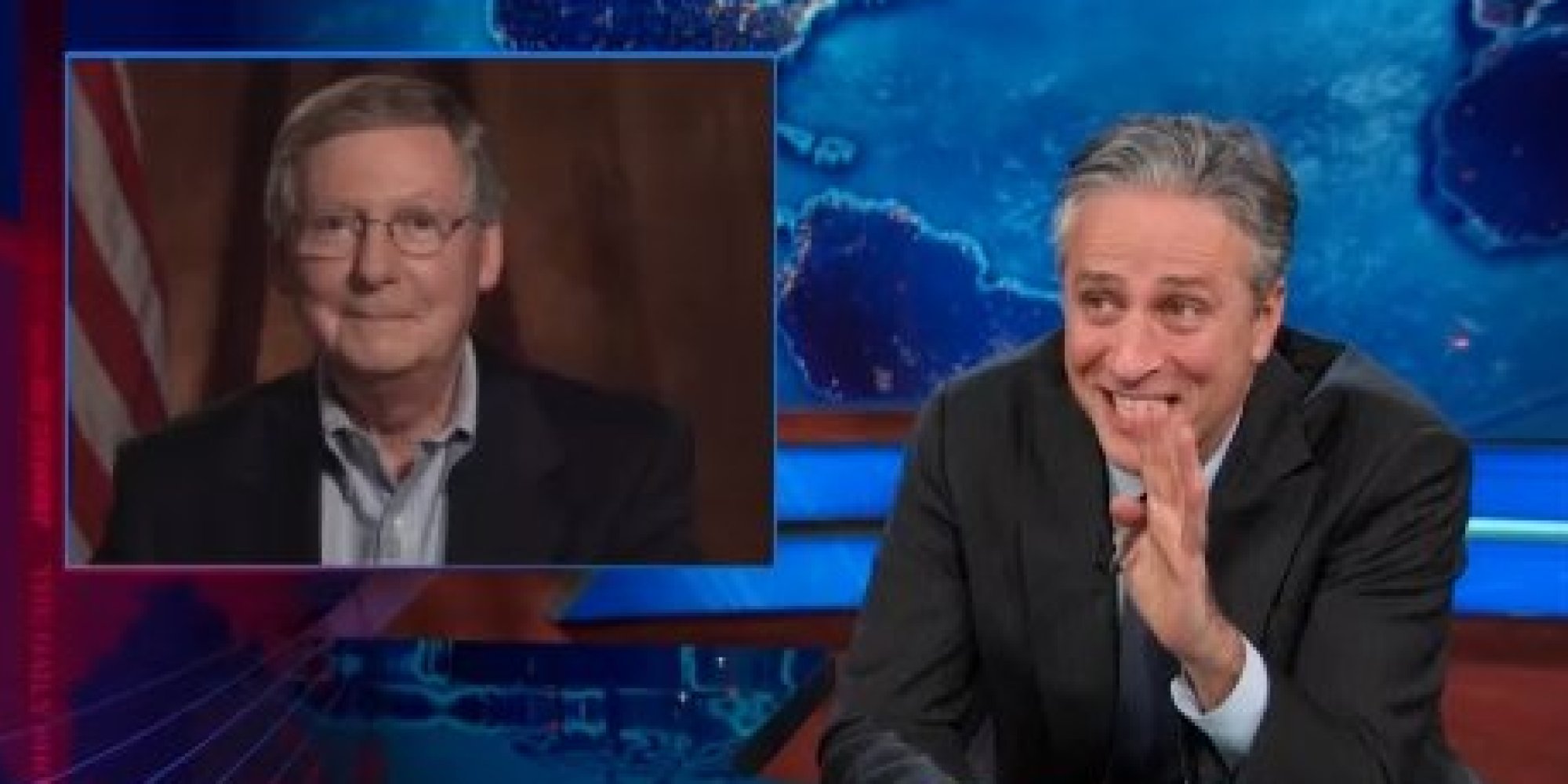PAC stands for Political Action Committee, and traditional PACs have been around since the 1940s. These PACs are usually run by companies, unions, or groups of people with a similar ideology. People contribute funds to the PAC, and the PAC is then able to donate that money to a wide variety of candidates. Individuals can contribute up to 5,000 dollars a year to a PAC, which is higher than the normal limit of 2,700 which individuals can give to a single candidate. The PAC can then give up to 5,000 dollars to an individual candidate, and up to 15,000 to a national party.
For example, I as an individual can give 2,700 dollars to support the re-election of my favorite Senator, Senator Tammy Baldwin (D-WI). Then, I can give up to 5,000 more dollars to LPAC, a lesbian political action committee that supports the election of candidates who champion LGBTQ rights. They could then give up to 5,000 dollars to Tammy Baldwin's campaign, and up to 15,000 dollars to the Democratic Party.
 |
| The hero we deserve |
So let's say I form the Parity Super PAC, with the goal of electing a Senate that looks like America, and is at least half-female. Now, I can not only take unlimited contributions from a variety of rich and powerful women who agree with my goal, but I can also solicit funds from non-profits and other 501(c)(4) corporations who do not have to disclose the identity of their donors. This means that I could be taking in a lot of money from rich and powerful people all around the world, and keeping their identities a secret.
 |
| You just know that Prime Minister Trudeau would support my Parity PAC |
In fact, legally, Super PACs can't coordinate with candidates at all. What can they do? Usually, Super PACs make ads for and against candidates. When you see a shady ad that isn't made by a candidate, it was probably created and funded by a Super PAC.
Remember when Ted Cruz put out 15 hours of footage on the Internet for everyone to see? And we were all like "why Ted, you look like an idiot, why would you put any of this on YouTube?" He had to put that footage on YouTube because legally, he can't email it to the Super PAC that would make positive ads about him. Mitch McConnell did the same thing, which gave us the delightful McConnelling game by the Daily Show, where people put new songs over video footage of Mitch McConnell. They have to give the Super PACs footage to work with, so that ads can be created on the Super PACs dime.
 |
| Ted Cruz: Not successful at acting like a human |
Are Super PACs a problem? Yes, because citizens deserve to know who is donating to what campaign, and there should be limits on how much people can donate. But is a well-funded Super PAC necessary to win an election? Absolutely not, and grassroots organizing of people can and has overcome money in politics. And reforms are possible to reign in Super PACs and fix campaign financing, so don't give up hope! But if you need to calm down after learning about Super PACs, you really should watch the McConnelling Daily Show segment. It's truly a work of art.
 |
No comments:
Post a Comment